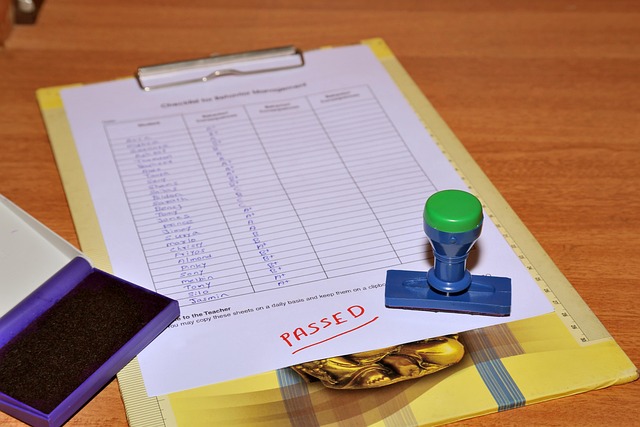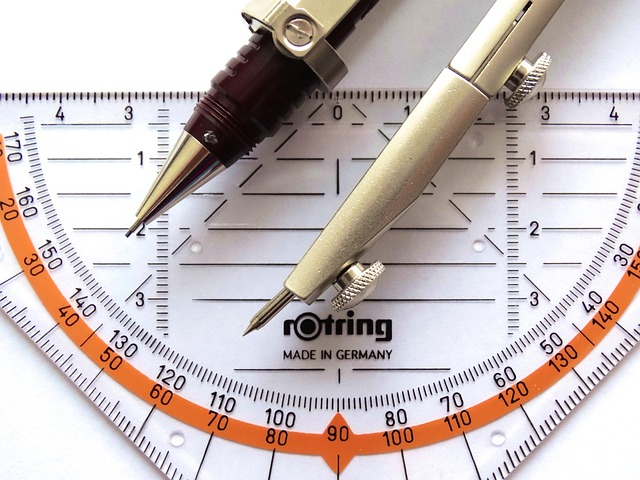
Developmental Delays in Three-Year-Olds
Developmental delays in children can be a source of concern for parents and caregivers. These delays refer to a child lagging behind their peers in one or more areas of development, such as speech, motor skills, or social interactions. At the age of three, children are expected to reach certain developmental milestones, and when they do not, it is essential to seek appropriate guidance and support.
Recognizing the Signs of Developmental Delays
It is crucial for parents to be vigilant in observing their child's development. Common signs of developmental delays in three-year-olds may include:
- Speech and Language Delays: Difficulty in forming sentences, limited vocabulary, or challenges in understanding simple instructions.
- Motor Skill Delays: Struggles with tasks such as running, jumping, or manipulating small objects, which may indicate fine or gross motor skill delays.
- Social and Emotional Delays: Difficulty in interacting with peers, showing limited interest in play, or challenges in expressing emotions appropriately.
- Cognitive Delays: Trouble with problem-solving, following directions, or understanding concepts such as numbers and colors.
If a child exhibits any of these signs, it is advisable to consult a pediatrician for a comprehensive evaluation.
The Importance of Early Intervention
Early intervention is vital for children who experience developmental delays. Research indicates that addressing these delays as early as possible can significantly improve outcomes. Children who receive timely support are more likely to catch up to their peers and develop essential skills that will benefit them throughout their lives.
Intervention strategies may include:
- Speech Therapy: Assisting children in developing their communication skills through targeted exercises and activities.
- Occupational Therapy: Helping children improve their motor skills and daily living activities.
- Behavioral Therapy: Supporting children in developing social skills and managing emotions effectively.
- Parent Training: Educating parents on how to support their child's development at home.
These interventions can be tailored to meet the unique needs of each child, ensuring that they receive the most effective support possible.
Understanding Autism Spectrum Disorder
One specific area of concern related to developmental delays is Autism Spectrum Disorder (ASD). ASD is a neurodevelopmental disorder that typically emerges in early childhood and can persist throughout a person's life. Children with ASD may exhibit a range of symptoms, including challenges in communication, social interactions, and repetitive behaviors.
It is important to note that not all children with developmental delays will be diagnosed with ASD. However, if there are concerns regarding a child's behavior or development, a thorough evaluation by a qualified professional is essential. Early diagnosis and intervention can lead to improved outcomes for children with ASD.
Consulting with Professionals
When concerns about a child's development arise, consulting with a pediatrician is a critical first step. Pediatricians can conduct developmental screenings and, if necessary, refer families to specialists for further evaluation. These specialists may include child psychologists, speech-language pathologists, and occupational therapists.
Parents are encouraged to keep a record of their child's developmental milestones and any concerns they may have. This information can be invaluable during consultations with healthcare professionals.
Conclusion
Developmental delays in three-year-olds can be concerning for parents and caregivers. However, with early identification and intervention, many children can overcome these challenges and thrive. It is essential to remain informed about developmental milestones and to seek professional guidance when needed. By fostering a supportive environment and utilizing available resources, parents can play a crucial role in their child's development.

















 सांख्यिकीय अनुमिति
सांख्यिकीय अनुमिति 
 Health
Health  Fitness
Fitness  Lifestyle
Lifestyle  Tech
Tech  Travel
Travel  Food
Food  Education
Education  Parenting
Parenting  Career & Work
Career & Work  Hobbies
Hobbies  Wellness
Wellness  Beauty
Beauty  Cars
Cars  Art
Art  Science
Science  Culture
Culture  Books
Books  Music
Music  Movies
Movies  Gaming
Gaming  Sports
Sports  Nature
Nature  Home & Garden
Home & Garden  Business & Finance
Business & Finance  Relationships
Relationships  Pets
Pets  Shopping
Shopping  Mindset & Inspiration
Mindset & Inspiration  Environment
Environment  Gadgets
Gadgets  Politics
Politics 